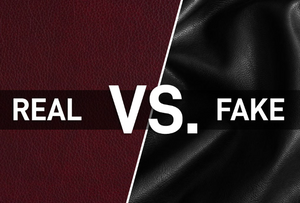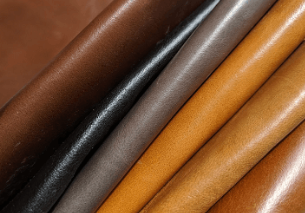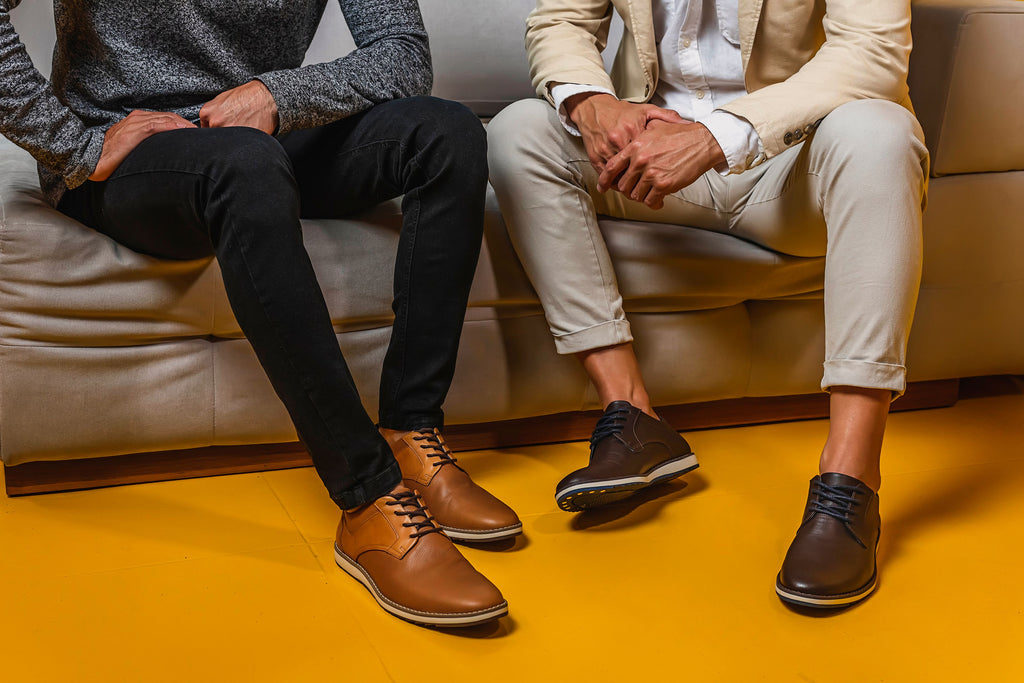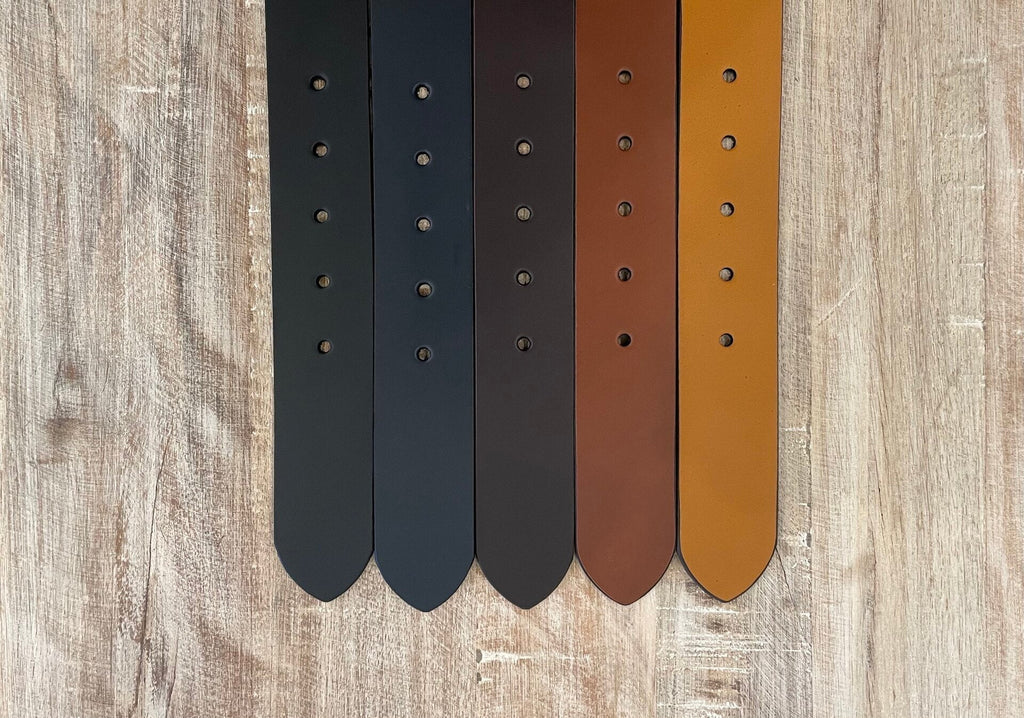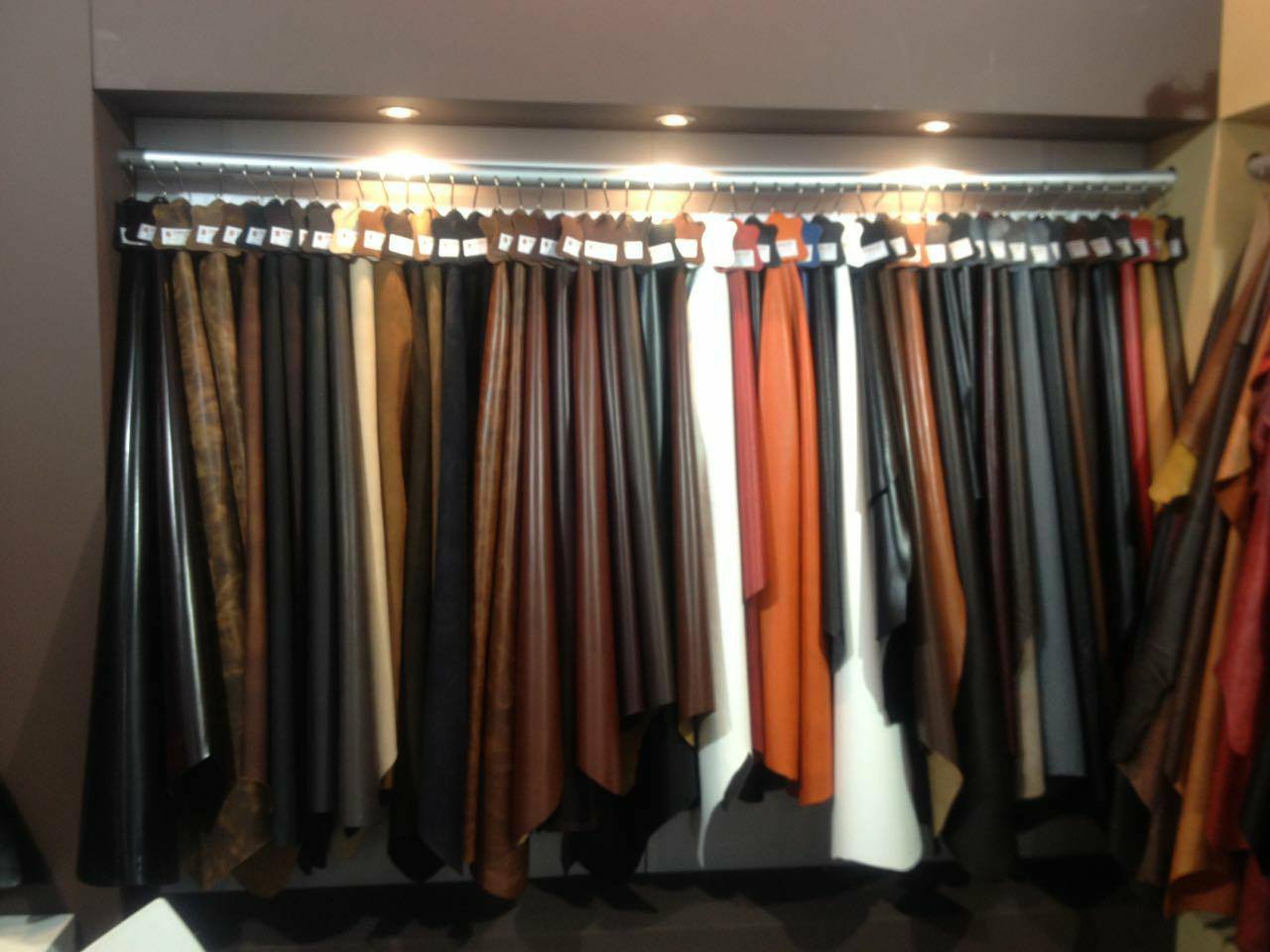
Sheep Leather vs. Cow Leather
Leather has been a staple material for centuries, valued for its versatility, durability, and timeless appeal. When deciding between sheep leather and cow leather, it's essential to understand the unique characteristics that each offers. Both types of leather have their own advantages, but which one is best for you?
Key Differences Between Sheep Leather and Cow Leather
Softness & Texture
Sheep leather is renowned for its buttery soft, delicate texture, thanks to its fine grain. It has a luxurious, velvety feel, making it ideal for clothing and accessories that require a soft touch. Cow leather, on the other hand, has a more rugged texture with a coarser grain. While cow leather can also be soft, it retains a certain level of firmness, which is preferred for many durable applications like work boots or belts.
Weight & Comfort
Sheep leather is significantly lighter, making it suitable for fashionable garments that you want to feel light and comfortable. Cow leather is heavier due to its thicker composition. The additional weight adds to its robustness, making it a good choice for items where protection and durability are prioritized, such as motorcycle jackets.
Durability
If durability is your main concern, cow leather comes out on top. Its thicker fibers make it highly resistant to wear and tear, and it performs well in heavy-duty applications such as boots, furniture, and bags that you carry daily. Sheep leather, while luxurious, is less durable and more vulnerable to scratches and damage. It's better suited for items that don’t undergo intense wear, such as fashionable jackets and gloves.
Ideal Uses and Practical Applications
Sheep Leather: Due to its lightweight and soft texture, sheep leather is commonly used for high-fashion garments like jackets, skirts, and gloves. It’s also preferred for smaller accessories like wallets and purses, where comfort and flexibility are key.
Cow Leather: Cow leather is highly valued for its strength and toughness. This makes it ideal for heavy-duty products like motorcycle jackets, boots, furniture, and utility bags. Its durability allows it to withstand daily use without showing signs of wear, and it’s particularly favored in applications where the leather needs to hold its shape, such as in structured bags and sturdy footwear.
Maintenance Tips for Each Type of Leather
Cow Leather Maintenance: Cow leather is relatively low-maintenance. Regular conditioning with products like saddle soap helps keep it supple and prevents cracking. Its resistance to dirt and moisture makes it a great option for those looking for a long-lasting material that doesn’t require constant attention.
Sheep Leather Maintenance: Sheep leather, being more delicate, requires careful handling. To maintain its softness, it's crucial to use gentle conditioners. Additionally, storing sheep leather garments properly can prevent stretching and sagging. Avoid exposing sheep leather to harsh elements, as it is more susceptible to stains and moisture damage.
Sheep vs. Cow Leather: Which is Best for You?
Choosing between sheep leather and cow leather ultimately comes down to your intended use. If you're looking for a soft, lightweight material for fashion items, sheep leather is the way to go. However, if durability and ruggedness are what you need, cow leather is the superior choice. Understanding these differences will help you make an informed decision that fits your lifestyle and preferences.
- Choosing a selection results in a full page refresh.
- Press the space key then arrow keys to make a selection.

